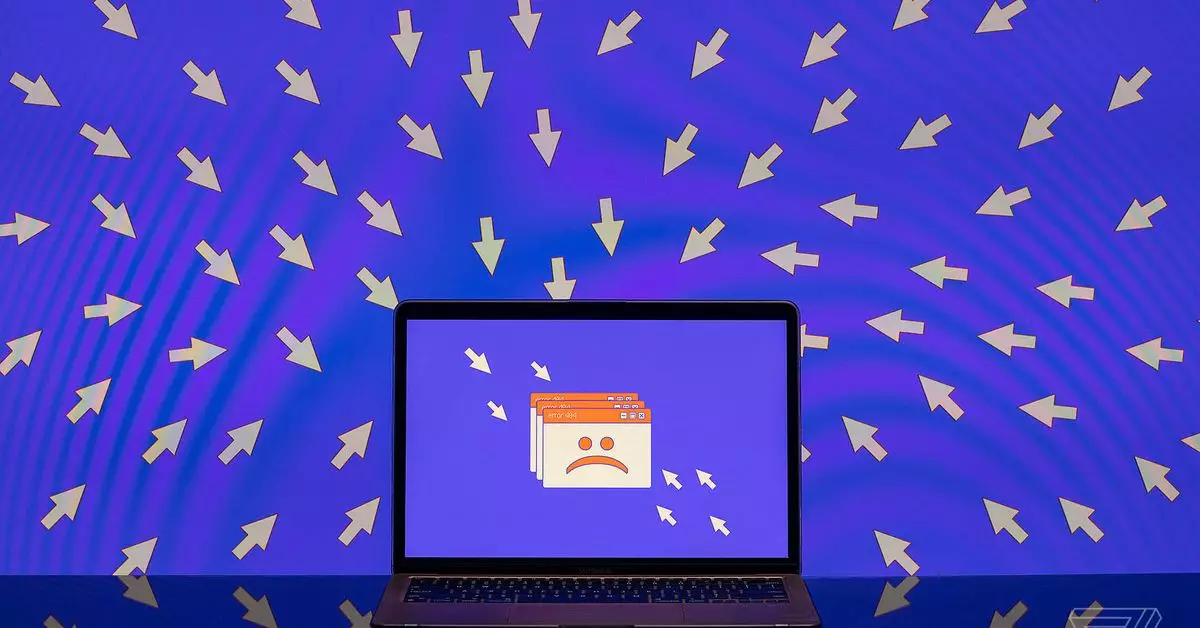Recently, news broke about the National Public Data (NPD) suffering a security breach dating back to December of last year. The breach involved an alleged stolen database containing a staggering 2.9 billion lines of data, including sensitive information such as Social Security numbers. This database was advertised on the dark web by a hacker group known as USDoD for a hefty sum of $3.5 million. As a result, the stolen data has now been widely circulated in various locations, posing a significant threat to the individuals whose information has been compromised.
In a startling revelation, a website closely resembling NPD, called recordscheck.net, was discovered to be hosting an archive containing site logins and even source code for some of the site’s tools in plaintext. This alarming discovery indicated that individuals could potentially access the same consumer records as those from NPD, raising concerns about the extent of the security breach and the potential ramifications for those affected. The site’s founder, Salvatore Verini, an actor and retired sheriff’s deputy from Florida, acknowledged the existence of the file but claimed it contained outdated and non-functional code.
Following the exposure of the leaked data, Verini announced that the site would cease operations in the coming week, citing an “active investigation” as the reason for the shutdown. However, questions remain about the extent of the damage caused by the breach and the implications for the millions of individuals whose personal information is now in jeopardy. Moreover, it was revealed that Verini had written a positive testimonial for a web developer company mentioned in the archived source code, raising suspicions about potential conflicts of interest in the handling of sensitive data.
The Aftermath
Since news of the breach surfaced, several websites claiming to offer searches to determine if individuals’ information is included in the leak have sprung up. Websites like npdbreach.com and npd.pentester.com are encouraging users to input their personal information, including names, birth years, and even Social Security numbers, into their forms in a bid to provide clarity on the extent of the breach. However, the legitimacy and security of these websites remain questionable, raising concerns about the potential for further exploitation of individuals affected by the breach.
The NPD security breach represents a significant lapse in data security, with far-reaching implications for the millions of individuals whose sensitive information has been compromised. The incident underscores the pressing need for stringent data protection measures and heightened vigilance in safeguarding personal information in an increasingly digital age.


Leave a Reply